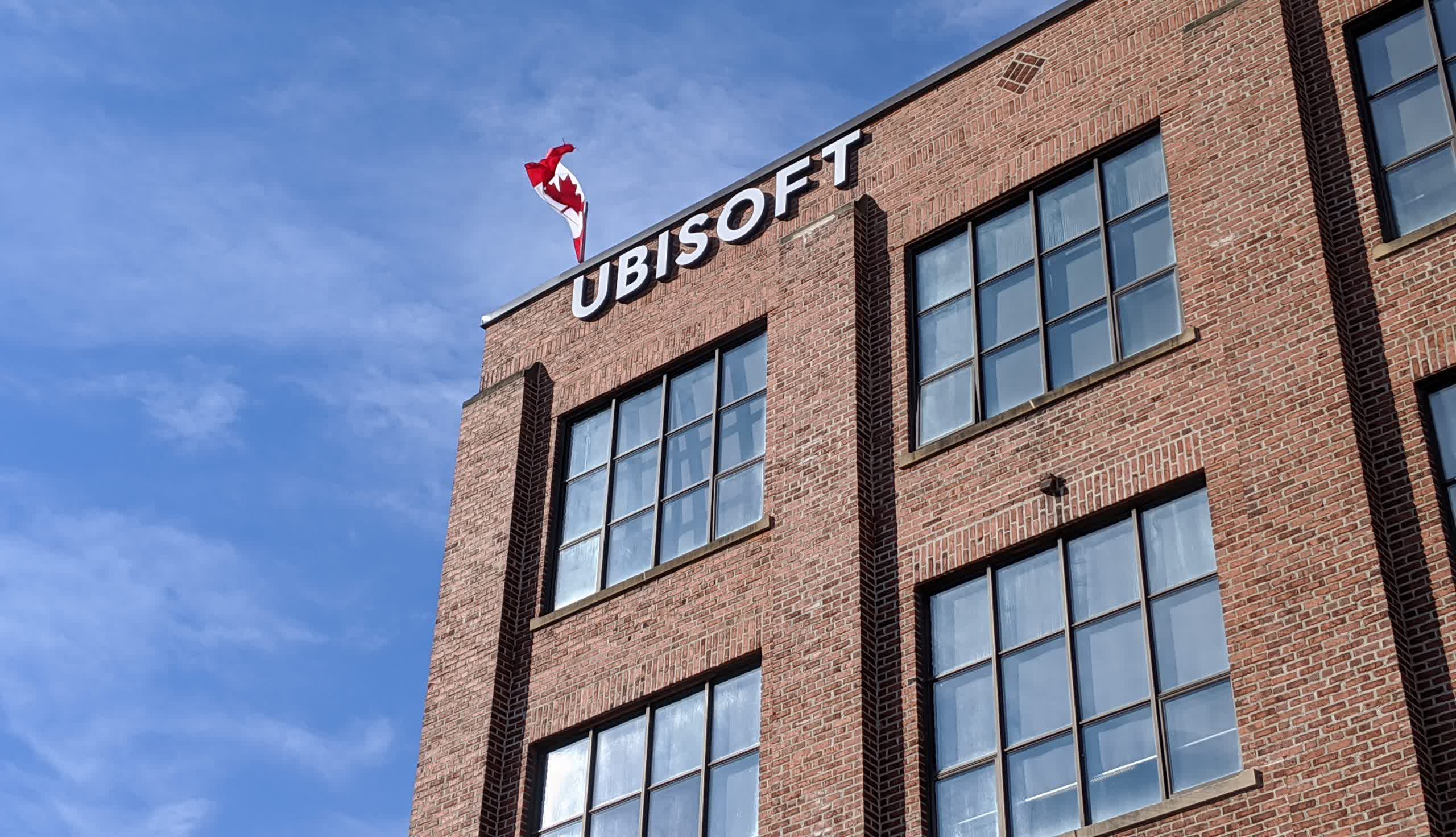In brief: To preserve developer talent within its walls, Ubisoft's Canadian studios will be offering pay raises of up to 20 percent to its employees, but the biggest ones are reserved for senior staff. As expected, this is generating controversy, with some claiming that raising the wages of higher-paid employees only results in more inequality.
Ubisoft told Kotaku the increased wages come as competition in the region grows. The first increased payouts should come later this month, but it's not the only thing they will receive. Besides the pay raise, employees working for the publisher's Canadian studios will be allowed to claim more annual leave and receive more pay while on parental leave. It's unclear if studios based in other countries will receive similar pay raises and benefits.
Sources told the publication most staff will receive 5-7 percent salary increases, but senior employees will get up to a 20 percent bump in pay. Such disparity might cause more inequality among employees. Putting things into perspective, an employee receiving $50,000 annually will get a $2,500-$3,500 increase, and those earning around $100,000 per year will see an extra $20,000 in their bank account.
"By weighting the pay rises enormously in favor of senior staff, management are exacerbating the gap between the highly and low paid workers," wrote the employer group A Better Ubisoft, which is campaigning for better work conditions at the company.

Ubisoft claims the salary adjustment results from the dramatic changes in the Canadian market, leading the company to do its first-ever "mid-year increase." Following this bump in salaries, there will be another one in April 2022, as per usual. The pay raises are just the first out of many initiatives the publisher plans to do to "provide a competitive employer offer."
In the last couple of years, we've seen many new studios opening up in Canada. Some belong to Amazon Games, Tencent's TiMi and Gearbox Entertainment, but there's also a handful who are indie developers. Funny enough, many of these indie studios were created by former Ubisoft veterans.
Ubisoft isn't alone in the fight to retain employees. Eidos, for example, is moving to a 32-hour work week distributed across four days to ensure its employees are happy with their employer. Ubisoft also did something similar, testing out a 36-hour work week during the summer, but despite the publisher stating it was a success, it later claimed it wasn't viable.
